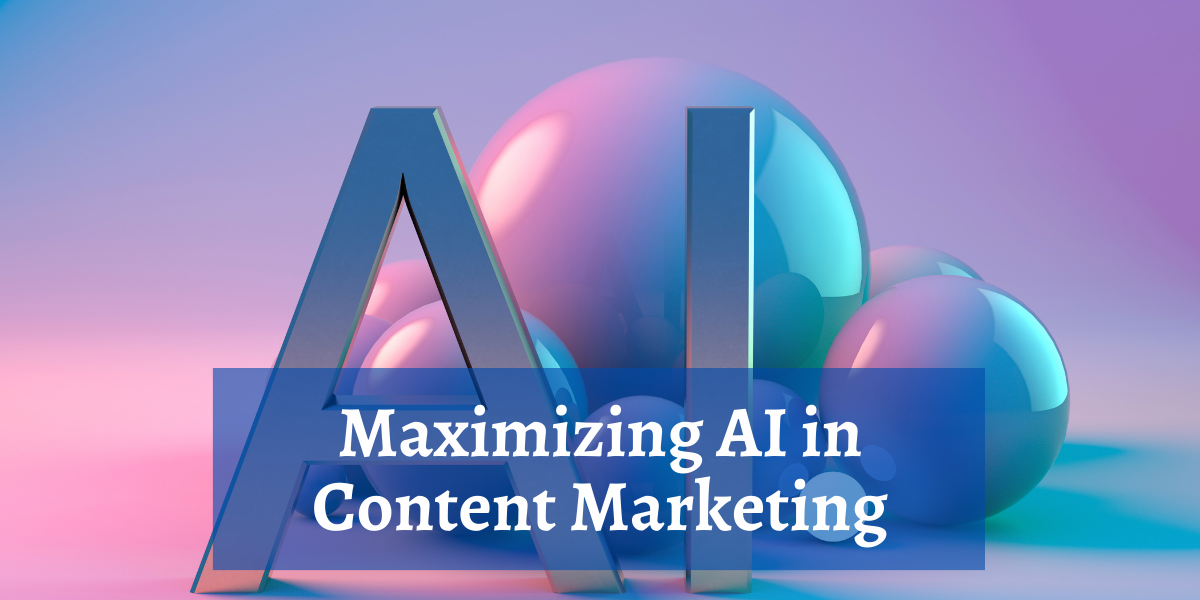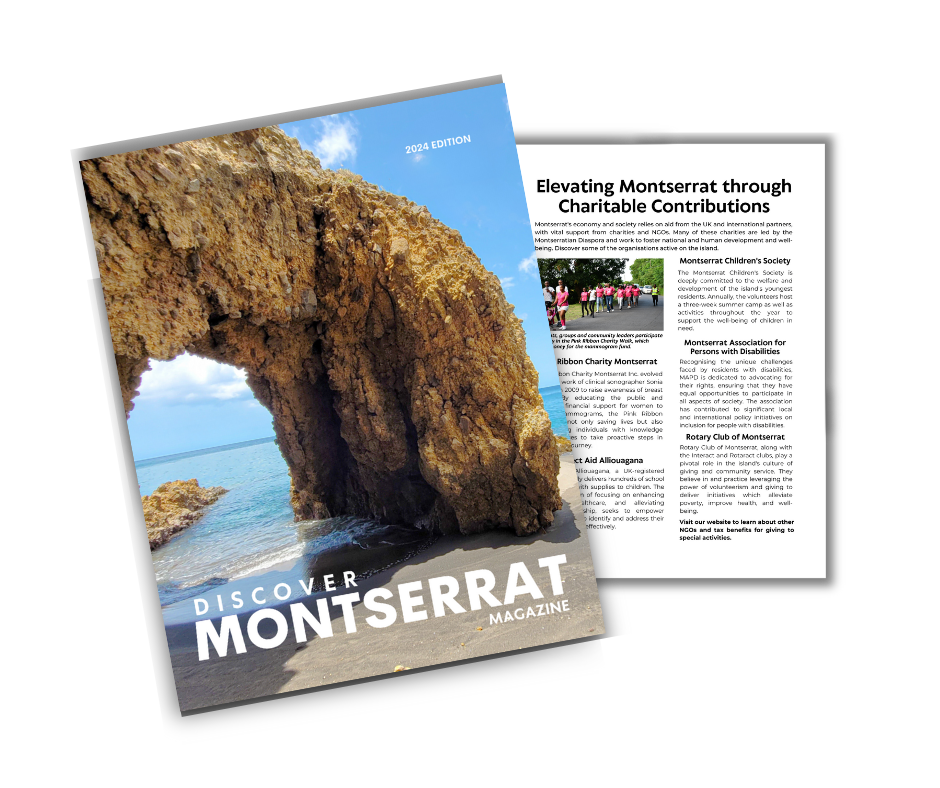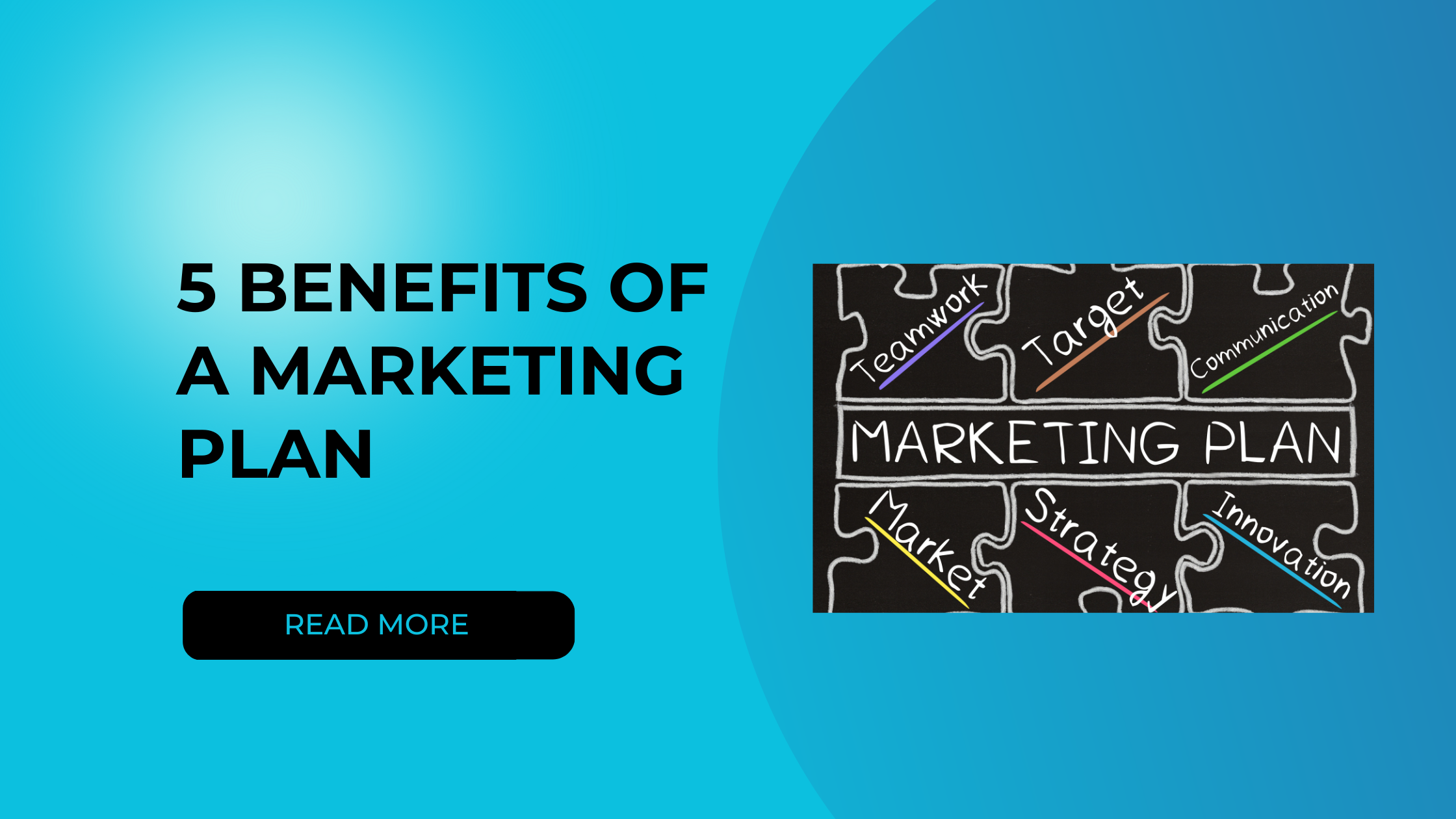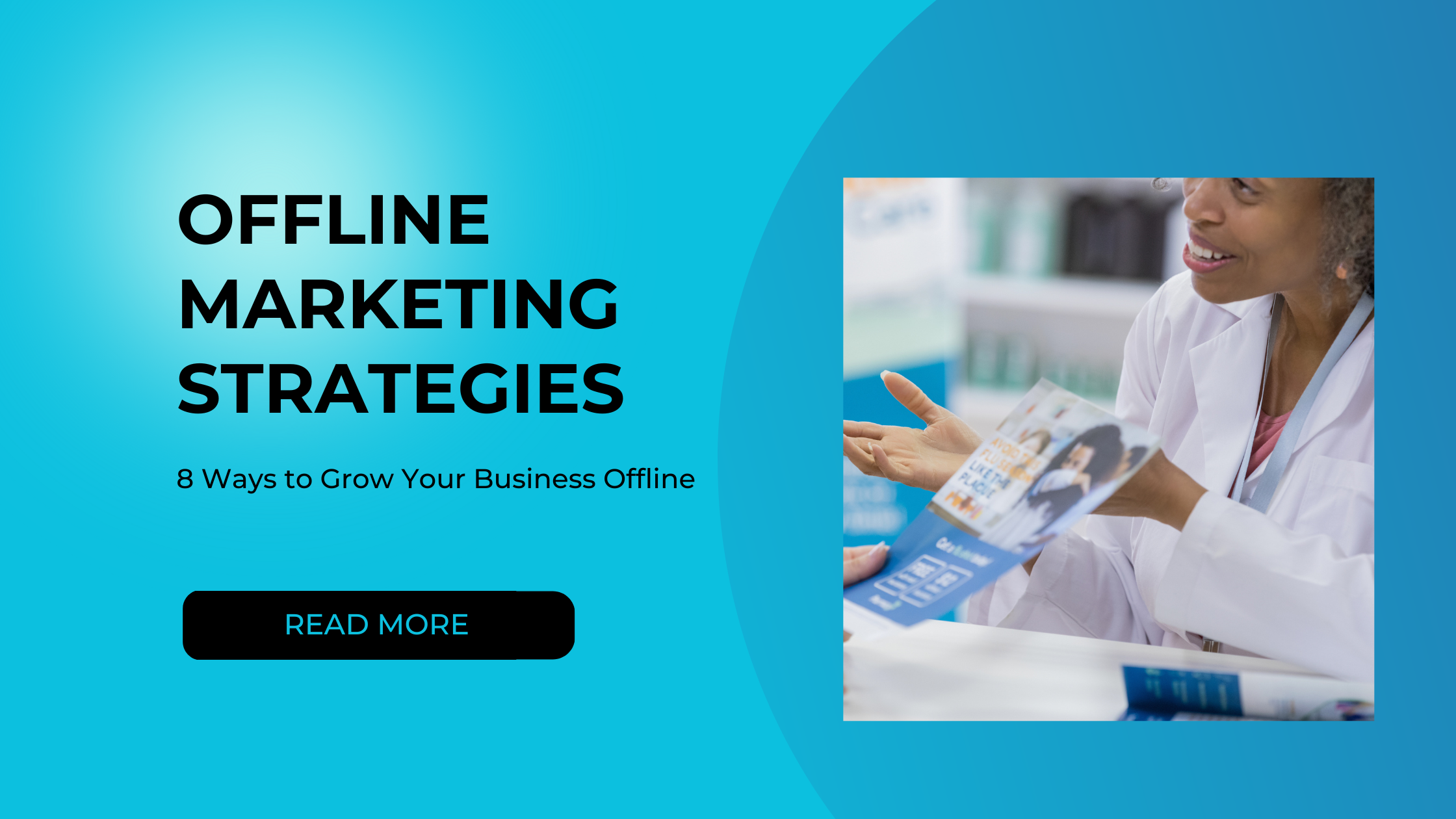I’ve got to admit, I was very hesitant when I first began learning about Artificial Intelligence (AI) and how it would disrupt every industry. For writers, we have enough ego to believe that only we can say what needs to be said. I still believe that, but the people who need content may not have the same confidence in their ability. Rather than dismiss outright the usage of AI in your work, consider how it can enhance what you are doing or multiply your capacity to serve your clients.
Here are some best practices to for leveraging this technology to support your content marketing work, whether for your business or your customers.
1. Understand AI Capabilities and Limitations
Before integrating AI into your content marketing strategy, it’s crucial to understand what AI can and cannot do. AI excels at analyzing data, identifying patterns, automating repetitive tasks, and generating content. However, it may not fully grasp the nuances of human emotion or creativity. Recognize the strengths of AI tools and deploy them where they can offer the most value, such as data analysis, SEO optimization, and basic content creation.
2. Start with Clear Objectives
Define clear, measurable objectives for your AI-driven content marketing efforts. Whether it’s increasing engagement, driving traffic, or boosting conversions, having specific goals will help you choose the right AI tools and strategies. This focus ensures that AI implementation is aligned with your broader marketing objectives, facilitating more targeted and effective campaigns.
3. Personalize Content at Scale
One of AI’s most significant advantages is its ability to personalize content at scale. Use AI to analyze customer data and behavior, enabling you to tailor content to individual preferences, browsing history, and engagement patterns. Personalization can significantly improve user experience, engagement rates, and conversion rates, making your content more relevant and valuable to your audience. Read how a small business making 100k a year can use this to 3x their revenue.
4. Optimize Content for Search Engines
AI-powered tools can enhance your SEO strategy by analyzing search trends, suggesting keywords, and optimizing content for better search engine rankings. Use these tools to create content that is not only engaging and informative but also visible and accessible to your target audience through search engines.
5. Automate Repetitive Tasks
AI can automate various repetitive and time-consuming tasks in content marketing, such as scheduling posts, curating content, and conducting A/B tests. Automation frees up time for marketers to focus on more creative and strategic aspects of content marketing, such as brainstorming campaign ideas or crafting compelling narratives.
6. Monitor Performance with AI Analytics
AI-driven analytics tools offer deep insights into content performance, audience behavior, and campaign effectiveness. Leverage these tools to track key performance indicators (KPIs), identify successful strategies, and pinpoint areas for improvement. AI analytics can guide data-driven decisions, helping you refine your content marketing strategy for better results.
7. Ensure Ethical Use of AI
As you integrate AI into your content marketing, it’s essential to consider ethical implications, such as data privacy and transparency. Use AI responsibly by ensuring that customer data is handled securely, obtaining consent where necessary, and being transparent about the use of AI in your marketing practices.
8. Stay Updated on AI Trends
The field of AI is rapidly evolving, with new technologies and applications emerging regularly. Stay informed about the latest AI trends, tools, and best practices in content marketing. Continuous learning will help you leverage AI more effectively and maintain a competitive edge in your marketing strategies.
Conclusion
AI has the potential to transform content marketing by enabling more personalized, efficient, and data-driven strategies. By understanding AI’s capabilities, setting clear objectives, leveraging personalization, optimizing for SEO, automating tasks, utilizing AI analytics, ensuring ethical use, and staying updated on trends, marketers can effectively integrate AI into their content marketing efforts. As AI technology advances, those who adopt these best practices will be well-positioned to engage their audiences more effectively and achieve their marketing goals.




